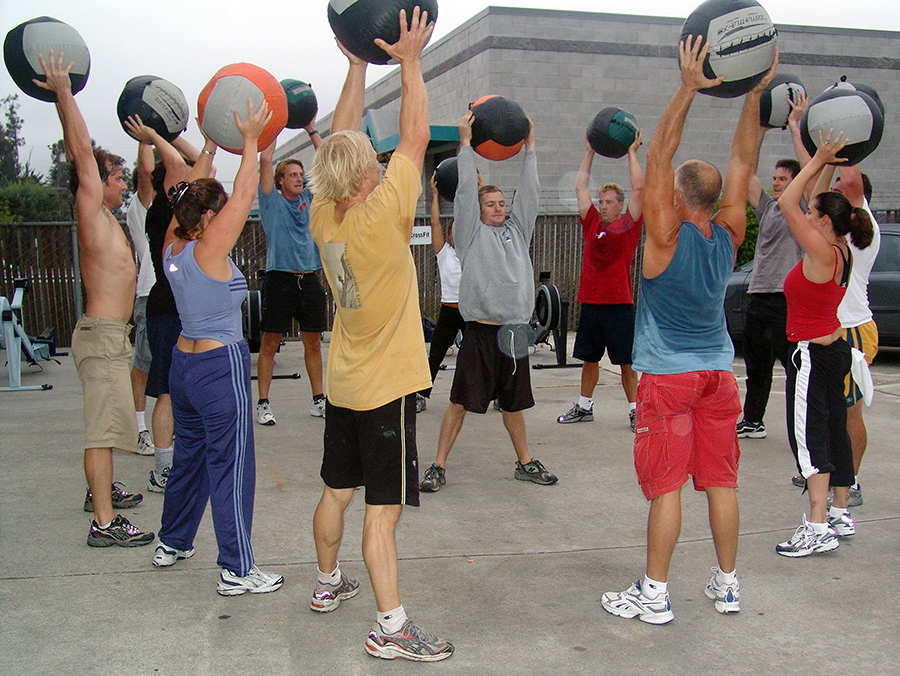
Audiences can expect sitcom tropes, TikTok montages, digital fakery, “incredibly depraved” wigs, and a meme-stream. “Multi-camera live-stream theatrical event” is what company Fake Friends is going with. And the whole thing broadcasts from a hybrid theater/new media space in Gowanus.

Lighting, hair & wig, sound and prop designers. It’s a gauntlet and a dare to imagine the future.Circle Jerk has sets. Circle Jerk isn’t a substitute for in-person theatre, or a case for humbly making the best of limitations. The show otherwise manages to deliver an escape from our current dystopia into one that exists on a not-so-distant plane and inches closer every day. It’s almost startling to see crew members in face coverings during these in-between moments, a rare reminder of the conditions that compelled the form. From sitcom-style scenes on a unit set to iPhone confessions and self-talk, a hyper self-awareness saturates the experience, including occasional Brecht-like glimpses behind the curtain. Bits bounce from one to the next with the sticky slipperiness of an endless scroll (the play runs 105 minutes with two brief intermissions). It is a self-conscious reflection of its allegiance to being Very Online that Circle Jerk is more a feat of form and discrete content than linear plot or conventional coherence.ĭirector Rory Pelsue, along with a design and effects team of 10, remix and blend media in a way that synthesizes the moment, the means of transmission, and the current quality of our attention.

Co-writers Michael Breslin and Patrick Foley each play multiple roles, as does Catherine María Rodríguez, who also collaborated on the script (Ariel Sibert serves as dramaturg). The piece is a combination of (mostly) livestream performance from a studio in Gowanus, Brooklyn, and ‘deep fakes,’ or previously recorded clips. Language is meme-ified and the Discourse steeped in hot tea. In Circle Jerk, that means reaction GIFs, TikTok split screens, and Britney Spears’ Instagram Stories serve as shorthand signifiers. It’s not just where we live now, it’s who we are.

The internet not only shapes our culture, but how we conceive of our identities, what we desire, who has influence, and why. But Fake Friends recognizes that there is one obvious space many of us share, with its own language, aesthetics, and operating system.


 0 kommentar(er)
0 kommentar(er)
